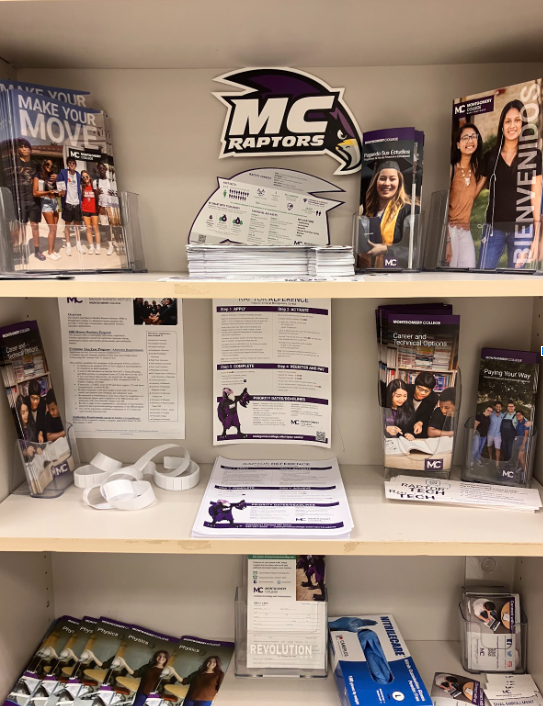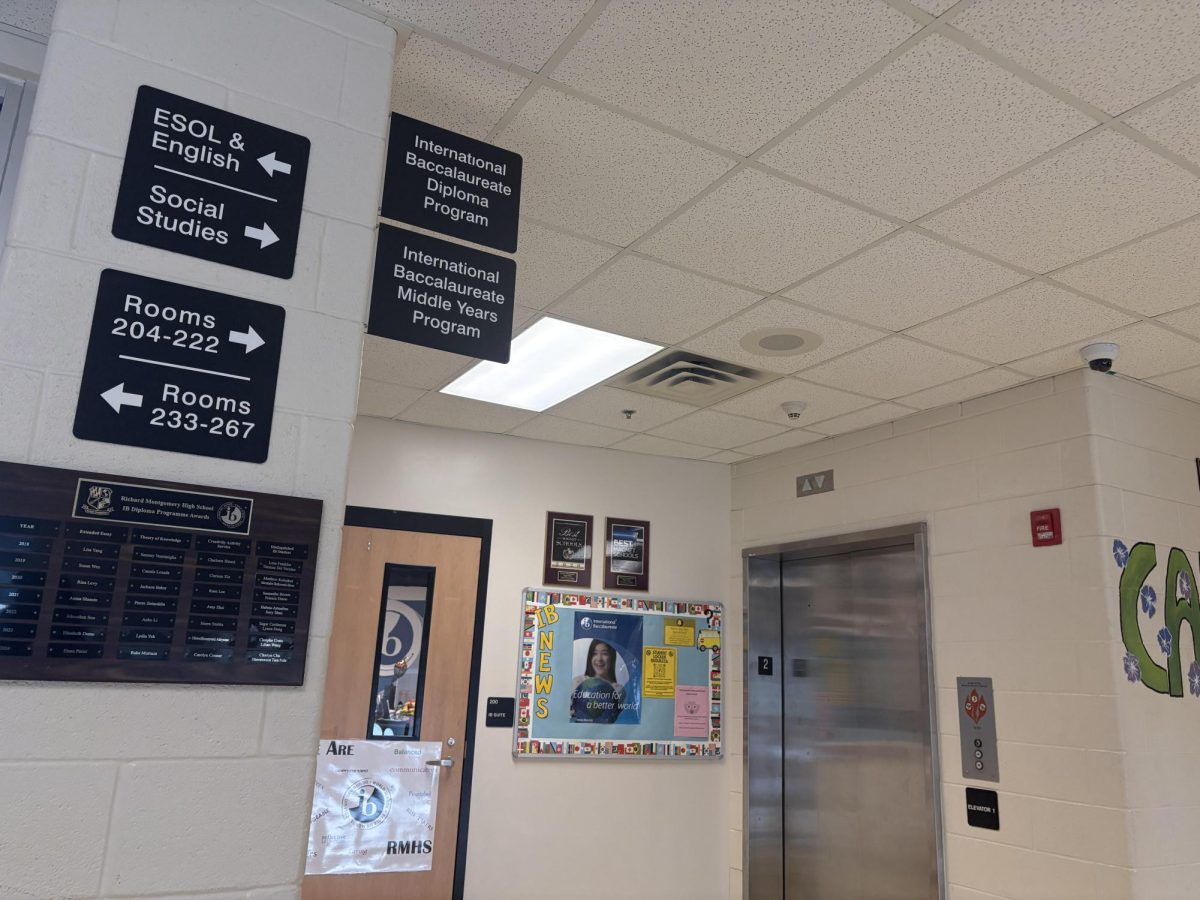We as a society and as a world have progressed because of the new and advanced innovations and technologies that humans have contributed. We owe the world to engineers revolutionizing medical technology and pharmaceutical agencies formulating medicine and new drugs. A perfect example of their importance was shown during the COVID-19 pandemic where researchers and manufacturing companies were working tirelessly to control the morbidity rates by creating vaccines. The world hadn’t seen a shock since that of influenza outbreaks in the 1900s and therefore, the background testing and reformulating of methods to get this under control was a greater than three-year struggle. So what does the government do to our premiere research facilities such as the NIH (National Institute of Health), FDA (Food and Drug Administration) and CDC (Centers for Disease Control)? Layoff 12000 workers for no concrete reasons and completely annihilate departments.
Since multiple of these government agencies are close to our community, students in RM have parents who work for them. With the issues of layoffs, there is a present fear of loss of job security, which in the past was a given for government workers. “This could increase stress and anxiety because they’re [students] worrying about their family’s stability and financial state. This could affect their focus, mental health, and their overall performance in school,” sophomore Pema McAllister said. The suddenness of the layoffs also doesn’t give much warning and preparation time for government job holders to look for new offers. Additionally, employees undergoing renewals for their employee contracts and workers in probationary periods, such as new workers, are at extremely high risk of being let go.
The main issue with these layoffs is the fact that these public health workers are generating research regarding vital, world-changing topics. They are making a difference and actually contributing to creating solutions to the most prevalent health problems in our country and the world today. As more departments in these research facilities get closed, the growth of those areas is being stunted. A cancer researcher named Emily was recently fired from her lab, and though her firing message expressed it was due to inadequate performance, her reports and her boss said otherwise, stating her working quality was excellent. This has been common among layoffs where top workers are being lied to by firing managers that their work is insufficient for the standards of the institutions.
Additionally, the long-term studies Emily and others work on will be negatively impacted and affect the process of data collection with researchers coming in and out of the field.“The Trump administration is committed to slashing waste, fraud, and abuse while increasing transparency of where limited taxpayer dollars from NIH are going and how exactly they’re advancing scientific research and development,” White House spokesperson Kush Desai said in an emailed statement to NBC News. However, the true work that they need to be investing in is being ruined by these attempts at reducing funds. “I think it’ll [cost-cutting] slow down, medical advancements and such, because there’ll be a loss of expertise, because with researchers and scientists losing their jobs, that means fewer skilled professionals working on studies,” McAllister said.
These budget cuts also apply to research grants and the NIH announced a few weeks ago that agencies are limiting indirect funding for research grants by 15 percent. Based on the NIH’s Office of Policy for Extramural Research Administration (OPERA), nine billion dollars of the $35 billion that goes to research funding is allocated for indirect funds, which cover equipment, building maintenance and the personnel working in the buildings. These are necessary funds as researchers need top equipment and top facilities to do the best work. This isn’t the area where cost-cutting can be applied. “The United States should have the best medical research in the world. It is accordingly vital to ensure that as many funds as possible go towards direct scientific research costs rather than administrative overhead,” OPERA wrote. However, the reason why America is a premier country for research is because of the funding for advanced equipment and resources, and removing this supply of money will do detrimental harm to the quality and accessibility of research. Instead of requiring the government to pay, the burden would fall on universities which aren’t guaranteed to be able to support the inevitably pricey costs.
There is a factor to consider that research facilities need reforms too. For example, for years there have been complaints that the FDA isn’t doing a proper job with food regulations. America is notorious for having harmful ingredients in multiple foods that are marketed to all age groups. Some of these ingredients are even banned in foreign countries, sparking concern for health risks in the future. However, the solution is to institute and fight for these reforms instead of completely shutting down parts of vital corporations, leaving them bare. Unless a refined version replaces it, the standard for approving food, medicines, and drugs will take a turn for the worse. “They [research facilities] can have stronger oversight and accountability. So they can ensure that agencies follow strict safety standards without being influenced by other corporate interests,” McAllister added.
The way to cut costs isn’t removing the places that supply the research that the world relies on, and especially the people that it relies on. Trump stated that he would represent U.S. workers, but his actions and policies show his true thoughts toward them. Instead of being a “champion for workers,” he has brought immense fear for federal employees, who don’t know if they will have a job when they wake up, and made decisions that will impact scientific research for decades to come.
If you would like to voice your opinion on an issue you feel is relevant to our community, please do so here. Anyone is able and welcome to submit a Letter to the Editor, regardless of journalistic experience or writing skills. Submissions may be published either online or in a print issue.








